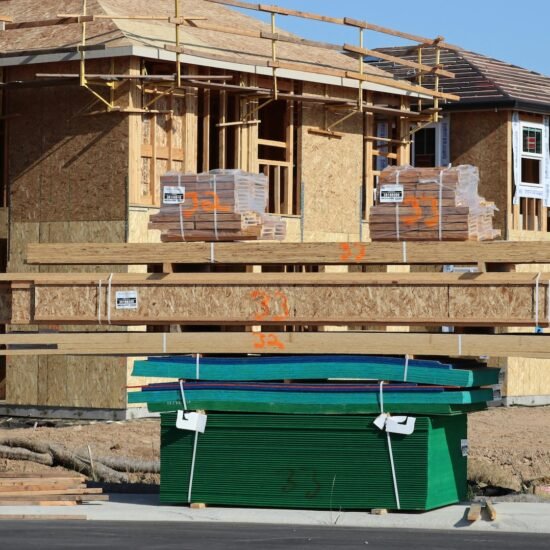
Salem, OR: In 2017 the Oregon Legislature approved House Bill 3057 resulting in changes to the language in chapters 94 and 100 of the Oregon Revised Statutes (ORS). ORS 94 is the statute that governs planned communities in Oregon while ORS 100 governs condominiums. Both statutes were “cleaned up” to paraphrase one esteemed former Representative Oregon Legislator who was unceremoniously voted out of office in 2018.
While there are those who might argue that the bill did not go nearly far enough in terms of “cleaning up” the statute (including this author), the changes that resulted from the passage of HB 3057 are not insignificant. The new law took effect on January 1, 2018 and among other things it will have a noticeable impact on the process of updating a reserve study for a homeowner association.
Notwithstanding the impact of the new law on the reserve planning process, the single most significant change in both statutes as a result of HB 3057 is the extension of the deadline for completing the annual review of a homeowner association’s financial statement from 180 to 300 days.
Homeowner associations in Oregon that collect more than $75,000 in revenue from assessments during the course of the year are required to have their annual financial statement reviewed by an independent CPA who is licensed to practice in Oregon unless by a 60% majority vote of the membership the Association elects to waive the review requirement.
Prior to January 1, 2018 the deadline for completing the review was 180 days from the end of the fiscal year at which time the review was supposed to have been completed by the CPA and approved by the Board of Directors for distribution to the members of the Association, and in turn any buyer who requested a copy of the report.
As a result of the passage of HB 3057 the deadline for completing the review has now been extended to 300 days in what amounts to nothing less than a Titanic display of irresponsible governance by the Oregon Legislature. The decision to extend the deadline by 120 days means that the financial data that is subject to the review could be as much as 10 months old by the time the review is completed, which begs the question of how this change in the statute could possibly benefit the Association’s membership?






